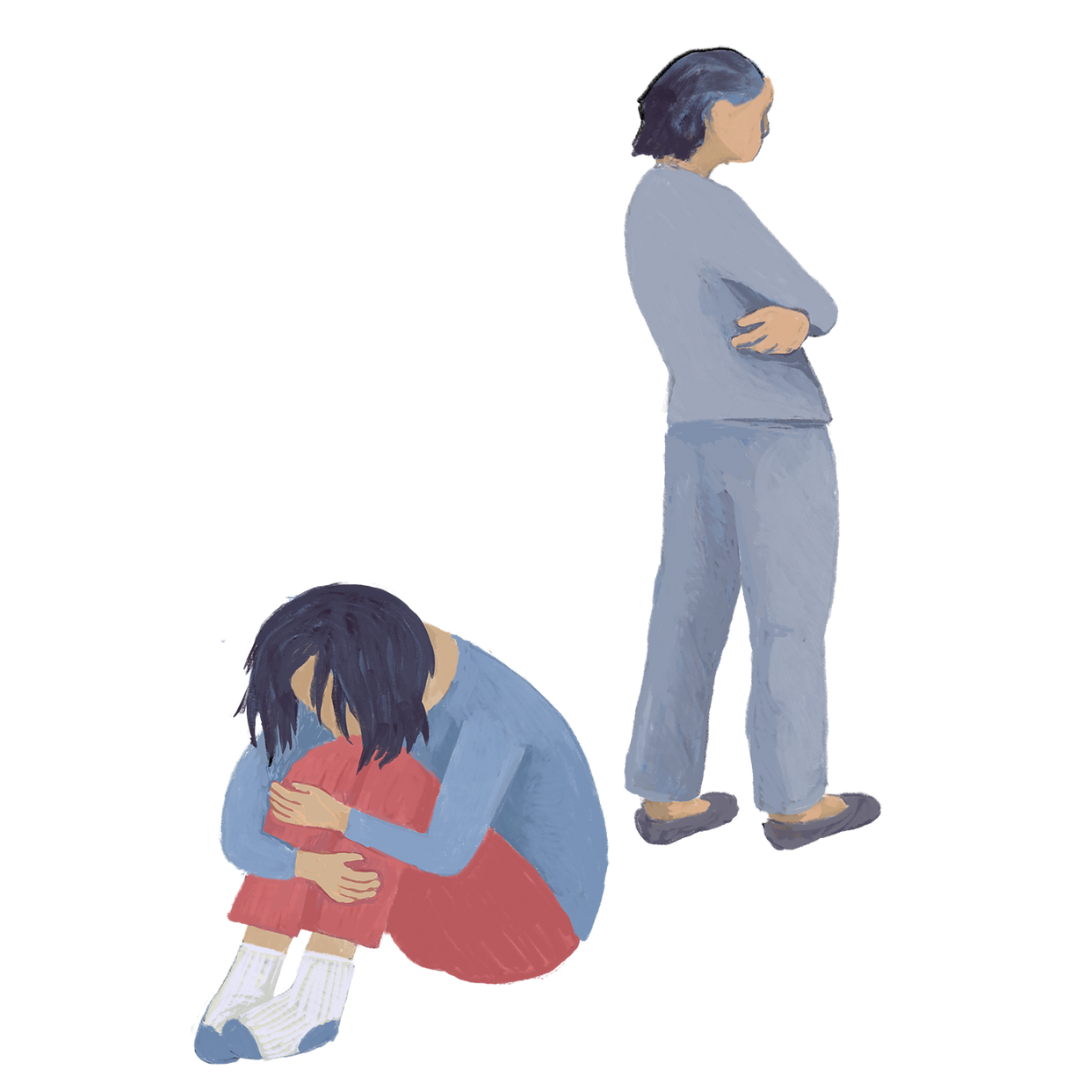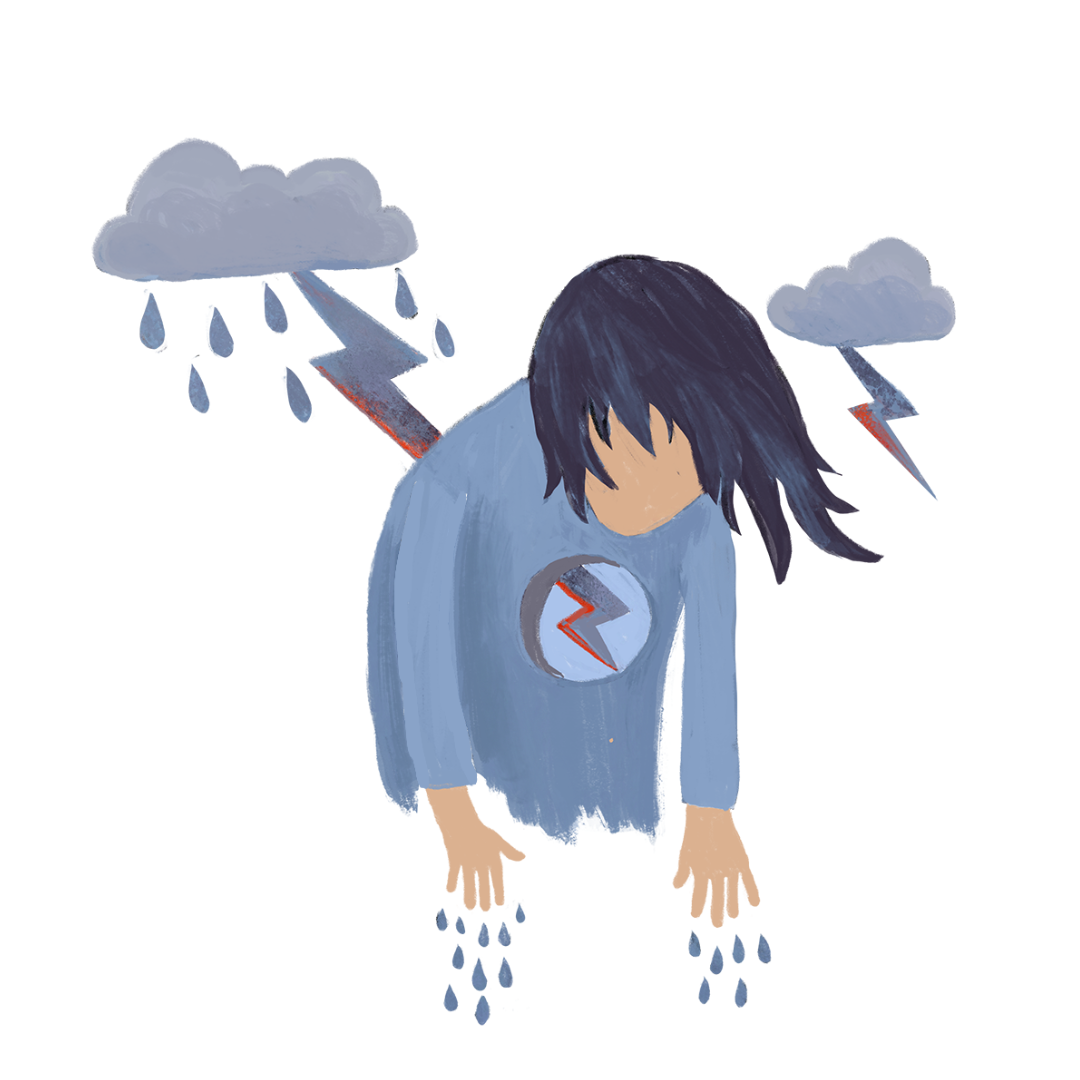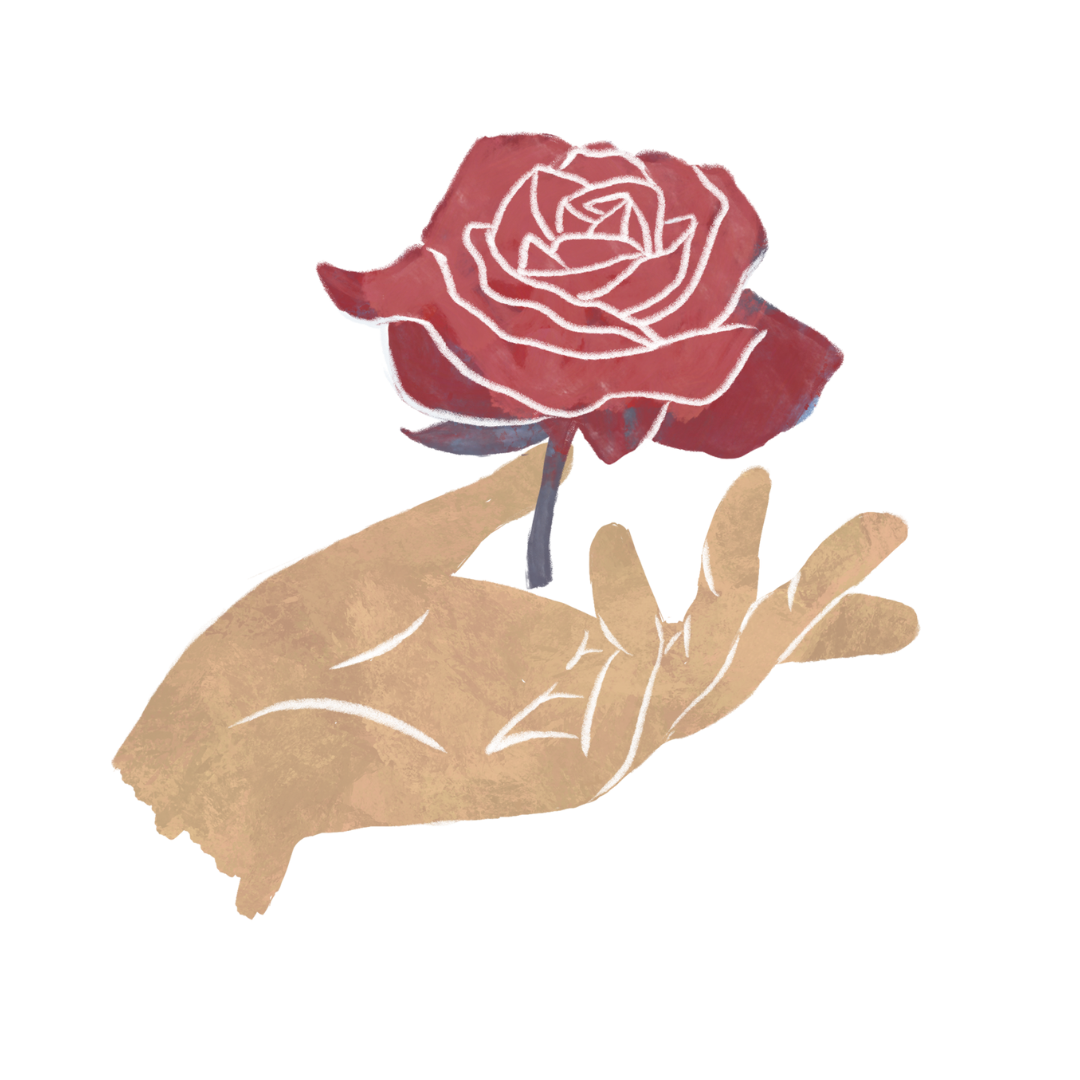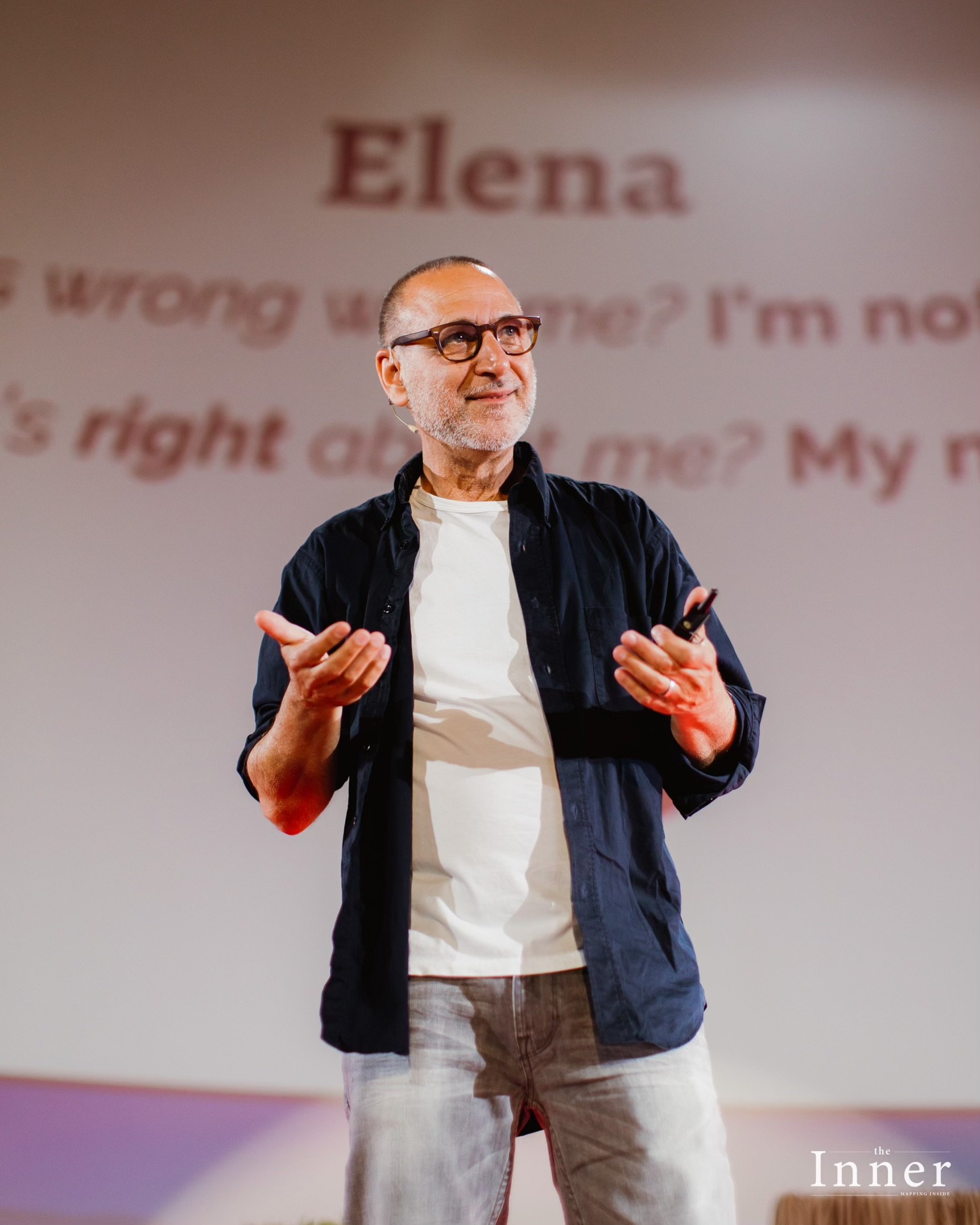
TRAUMA CLINIC
a 7-week Course for Coaches, Therapists and Healers
Wednesdays from September 24th to November 5th - 11am to 1pm Pacific
- with David Bedrick, author of The Unshaming Way -

Understanding the true
When you hear the word "trauma," what comes to mind?
Often, our thoughts go to experiences such as domestic violence, abuse, or the horrors of war and while these are undeniably traumatic, our understanding of trauma needs to expand.
Trauma is far more pervasive, subtly shaping our lives in ways we, and the dominant medical/wellness paradigm, often don't recognize.
Trauma isn't always a singular, dramatic event.
It stems from unwitnessed experiences or moments in our past where we were hurt and those around us - be it a person, a community, or an entire culture - gaslit, denied, marginalized or dismissed our experience. In these moments, shame enters and even seemingly small experiences can deeply alter our perception of ourselves and the world.
One of the most profound, yet rarely discussed, consequences of trauma is how it changes our self-awareness.
Instead of simply being aware of ourselves, we begin to see ourselves through an altered lens – a lens that is often punishing.
This is why many attempts at inner work or self-improvement can actually become another form of self-punishment, mirroring the very shaming experiences that created the trauma in the first place. You might be working on yourself, but if that work is fueled by self-criticism and a sense of "what's wrong with me?", it's likely a symptom of unaddressed trauma.
Consider the booming wellness industry. Much of it, like the weight loss industry, thrives on people feeling inadequate and deeply flawed. It doesn't bank on true healing; it profits on a continuous cycle of striving for a "better" self, often perpetuating the very self-hatred that trauma instills.

The Crucial Role of the
in Trauma & Healing
While the perpetrator initiates harm, it's the witness—those who saw, didn't see, or to whom we disclosed—who holds the most profound power in the healing process. When a violence or painful experience is met with a loving witness, someone who believes, validates, and supports your pain without gaslighting or blaming, the injury, though painful, does not freeze or lock into trauma. The natural healing process begins, and the shame that corrodes one's sense of self is averted.
If, however, we don’t have a loving witness, then we internalize a shaming witness—a voice that tells us we are to blame, that we deserved what happened, and that our natural responses are inherently wrong.
This shame and lack of compassionate witnessing is the true root of trauma.
When an injury is denied, dismissed, or neglected, the healing process freezes. Our natural reactions, including pain, anger, and fear, are suppressed and shamed, becoming locked within us. This frozen state is trauma—a condition not solely caused by the initial harm, but by the absence of validating witnessing.
This is why unshaming, a skilled and aware form of witnessing, is the essence of trauma healing.

Unshaming defrosts these frozen states by fully acknowledging and validating all internal experiences - somatic sensations, inner dialogue, emotions, and protective instincts - without pathologizing, or ‘fixing’.
Understanding the role of witness is critical, as this internalized lens shapes how a person perceives their own trauma.
If you were gaslighted, you may now gaslight yourself.
If your pain was dismissed as "not a big deal," you may minimize your own suffering.
If you didn’t want to tell anyone what happened or how you were feeling because you were made to feel that your needs were a burden, you may continue to manage everything you’re self so you’re never a burden to anyone.
Our work is to help bring awareness to these internalized voices and connect with the protective instincts that were suppressed, and create the safety needed for genuine healing, ensuring that the process is not re-traumatizing, allowing your clients to reclaim their whole, authentic self.

Trauma's Impact on Identity &
Trauma doesn't just affect individuals; it’s passed on through generations and impacts families, communities, society, and countries. For instance, the pain around social identity for marginalized communities often stems from systemic violence and historical trauma related to gender, race, or other aspects of identity. This isn't always a direct, personal assault; it's the internalized collective experience of harm that creates "locked-in patterns" in our bodies and psyches.
This broader understanding of trauma helps us see how so many of our ‘personal’ struggles are often deeply intertwined with larger societal dynamics and highlights the importance of being truly trauma-informed as a facilitator by broadening our perspectives and understanding how different traumatic experiences can shape a person's life, even if it doesn’t fit the post prevalent view of ‘trauma.’
In fact, much of what we perceive as "personality" or "family traits" can actually be the survival strategies of unaddressed trauma.
Many people walk through life successfully, performing daily tasks, seemingly "fine," yet parts of them remain "offline" or "locked up" due to trauma. They are surviving with strategies that emerged from deeply painful experiences.
Understanding this expanded view of trauma is the first step towards true healing. It allows us to move beyond superficial ‘fixes’ and address the root causes of our struggles, leading to genuine transformation and wholeness.

Often Unrecognized
of Trauma
Here are some common symptoms, traits, and examples of how trauma can appear in everyday life:
Inner Criticism
Boundary Issues
Pathologizing Yourself
Subtle Dissociation
Hidden Survival Strategies

Punishment
In the context of trauma, we need to talk about punishment. Not the kind that means a time-out or a natural consequence, but the kind that says, "You deserve to hurt. You should suffer." This isn't about learning from mistakes; it's about pain and suffering as the intended outcome.
Think about a child being hit as a form of punishment. The message isn't "learn from this," it's "I'm going to hurt you."
This type of experience doesn't foster growth; it traumatizes.
When suffering is inflicted, especially repeatedly, people internalize a profound and damaging belief system: "When I am suffering or in pain, it's because I did something wrong."
This becomes a pervasive belief system that is woven into the fabric of their lives, often subtly, through:
Religious institutions: Messages that link suffering to sin or divine retribution.
Societal norms: The idea that pain is a necessary part of growth or that "tough love" requires inflicting distress.
Schools and families: Approaches to discipline that prioritize pain over understanding.
When someone falls ill, instead of recognizing the need for rest, they might internalize it as a personal failing.
"You're pushing yourself hard, so you're getting sick. You always do this," It carries an energetic undertone of judgment, implying that suffering is a deserved consequence of wrongdoing.
Or in another example, if they're mistreated by others, they might start to believe they are somehow to blame, or even that they deserve the mistreatment.
This pervasive mindset often operates beneath our conscious awareness. It's not always a direct thought of "I'm being punished," but an automatic interpretation of life's challenges through the lens of deserved suffering.
Understanding this dynamic is crucial for healing and breaking free from the cycles of trauma.

Why trauma-informed awareness is
for coaches, facilitators, & healers, not just therapists
As a dedicated coach, teacher, healer or facilitator who is not a therapist, you may feel that trauma falls outside your scope of practice and that ethically, it’s not something you should work with.
I appreciate and respect your commitment to ethics and recognizing your limits AND here’s a vital truth:
If you're working with people, you're already working with trauma, whether you realize it or not.
Many persistent human difficulties – the stuck patterns that resist easy change – are rooted in trauma. Think about:
Stubborn financial struggles: Often linked to intergenerational money trauma.
Recurring relationship challenges: Frequently stem from early, "locked-in" relational patterns.
Chronic procrastination or addictive behaviors: These are often deeply entrenched coping mechanisms.
Recurring feelings of unworthiness, imposter syndrome, or cycles of depression: These aren't just personality quirks; they are often the deeply embedded echoes of past experiences.
These aren't simply coaching issues but manifestations of trauma, even if they don't fit the traditional, narrow definition of trauma. If you're encountering these persistent patterns, you are, in effect, already touching upon trauma territory.
Given this reality, being informed and developing fundamental skills in trauma awareness isn't about becoming a trauma therapist, it's about enhancing your existing capacity and ensuring you do no harm.
Without this awareness, you could inadvertently reinforce negative self-beliefs or shame programming that originated from traumatic experiences.
This course provides vital insights and foundational skills to recognize the pervasive nature of trauma, understand how it shapes human behavior, and equip you to support your clients more effectively and ethically.

Course
This course provides essential awareness and skills for anyone working with others. We'll move beyond conventional understandings of trauma to equip you with the tools and awarenesses to navigate its subtle, yet profound, impact.
Class 1: Trauma, Abuse & The Power of Unseen Communication
Class Date & Time: Wednesday, September 24th - 11am to 1pm Pacific
Understanding Trauma's Broad Reach: We'll expand the definition of trauma beyond major life events, exploring how seemingly minor or unwitnessed experiences can create deeply ingrained patterns.
Understanding Abuse: We'll define abuse not just by obvious acts of violence, but by even seemingly small acts with abuse defined by these four key qualities, each of which require a skill to work on:
An injury or hurt (this is subjective and based on personal experience i.e. what injures one person may not hurt another)
Power differential
An inability to defend oneself
Lack of consent
Understanding these qualities is critical because unwitnessed abuse becomes trauma.
The Problem of Consent in Trauma: Learn why individuals with unresolved trauma may struggle to consciously say "yes" or "no" or “slow down” and how to navigate these complexities ethically and effectively in your work.
Decoding Micro-Communication Signals and Minimal Feedback: Develop critical skills to read subtle, non-verbal cues (somatic signals, body language beyond the obvious) that indicate consent, discomfort, or unspoken needs, ensuring your interventions are truly supportive and non-harming.
Class 2: The Role of the Witness & the Intelligence of Dissociation
Class Date & Time: Wednesday, October 1st - 11am to 1pm Pacific
The Critical Role of the Witness: Explore the profound impact of how abuse or difficult experiences were witnessed (or not witnessed) by others. Understand how the absence or presence of a "loving witness" fundamentally shapes the development and perpetuation of trauma.
Internalizing the Narrative: Discover how external witnessing, or the lack thereof, becomes internalized, influencing self-perception ("I am a burden," "My needs are too much") and creating the lens through which you view the world.
Unshaming Dissociation: Learn to view dissociation not as a problem to be fixed, but as a natural, organic intelligence. Dissociation is the system's way of creating distance from an overwhelming event, a critical "medicine" that allows for survival. By approaching dissociation with high respect and without the intention to pathologize it, you can begin to work with it as an ally in the healing process.
Class 3: Recovering Your Natural Powers & Setting Boundaries
Class Date & Time: Wednesday, October 8th - 11am to 1pm Pacific
Reclaiming Your Innate Strengths: Learn how trauma can "freeze" access to our natural protective instincts and inherent powers. This class will provide insights and initial practices for helping yourself and others begin to recover these vital capacities to feel empowered.
Boundaries as Essential Healing Tools: Discover the critical link between trauma and boundary issues. When the ability to consent (saying "yes," "no," or "maybe") is compromised, it manifests as difficulty setting healthy boundaries in the outer world, perpetuating cycles of harm. Learn how to support yourself and clients in establishing clear, protective boundaries.
The Cycle of Re-Injury: Explore how unaddressed inner criticism and porous boundaries create an ongoing cycle of re-injury, both internally and externally, hindering sustained healing.
Class 4: Working with Inner Criticism
NO LIVE CLASS THIS WEEK - Please watch the class recording of David’s Working with Inner Criticism Seminar.
Inner Criticism as Perpetuated Trauma: Understand how relentless inner criticism isn't just a negative thought pattern, but a continuous re-enactment of past relational violence, keeping trauma alive internally. We'll explore strategies to interrupt this cycle.
We’ll go through these four key practices to effectively work with inner criticism:
Externalize the Critic: Encourage clients to speak the critic’s words out loud so they can be witnessed and heard.
Connect to the Body/Soma: Help clients connect with the physical sensations and feelings that arise in response to the criticism.
Interview the Critic: Engage in a dialogue with the critical viewpoint to understand its potential underlying value or intent.
Integrate the Energy: Go deeper by helping clients integrate the energy of the critic, rather than its negative content or opinion.
Class 5: The Radical Somatic Experience of Trauma
Class Date & Time: Wednesday, October 22nd - 11am to 1pm Pacific
Understanding the Body's Intelligence: This class goes beyond conventional somatic work to explore the Radical Soma, a holistic approach that honors the body’s full intelligence. We'll delve into the somatic experience of trauma by focusing on the body's natural impulses for feelings, movement, and voice.
Entering Your Story with Care: We will use the foundational skills from previous classes—including working with dissociation, witnessing, and micro-communication cues/feedback—to ensure we approach your trauma story safely and ethically. This is crucial to avoid re-traumatizing a client and to modulate their experience, allowing for a gentle back-and-forth between entering the story and creating distance as needed.
Giving Expression to the Body's Voice: You will learn to access the full range of the body's expressions, including movements like pushing and shaking, as well as vocalizations like screaming, groaning, and crying. These are not merely releases, but intelligent and meaningful expressions of parts of yourself that long to be integrated and heard.
Integrating, Not Just Releasing: Next we want to integrate what arises from these somatic experiences. We will focus on weaving the parts of yourself that were frozen in the past from trauma but are now freer to express into your current life, transforming them into new sources of personal power. Healing means moving toward wholeness and freeing what was once inaccessible.
Class 6: The Teleology of Trauma - Finding the Gold
Class Date & Time: Wednesday, October 29th - 11am to 1pm Pacific
"It turns out the wound and the gifts are in the same place. Every time we touch the wounds, we are closer to our own gifts.” -Micheal Meade
The "Wounded Healer" and Hidden Gifts: By attending to trauma with care and compassion, we can shift our perspective from simply "getting over" wounds to discovering the powerful gifts and medicine that have been "cooking" within them. This will expand on what we worked on in the last class of integration and wholeness. Through the lens of unshaming, learn to see struggles not as something that is ‘wrong with you’, but as a chamber of alchemy where the most potent medicine has been alchemizing. We'll honor the unique process and the intelligence that has been rising up from within, liberating the parts that have been hidden.
From Wounds to Purpose: This process helps clients move beyond the pain and patterns of the past to become more fully themselves.
What deep feelings, inner experiences, and fears are hiding within?
What wisdom and intelligence is there to glean?
What patterns are waiting to heal?
What path of heart emerges out of your client’s story?
When your relationship with trauma changes, pain and suffering transmute into medicine that brings your most authentic self into the world.
Class 7: Questions, Practice & Live Modeling
Class Date & Time: Wednesday, November 5th - 11am to 1pm Pacific
This class is an opportunity to wrap our course by answering your questions, practicing the skills we’ve learned over the last 6 weeks, and David will model working with students on real life examples.

Get FREE access to our specialized training on Transference & Countertransference to deepen your understanding of relational dynamics in healing work.

CLASS DETAILS
Weeks 1-3 are live classes on Zoom (Sept. 24th, Oct. 1st and Oct. 8th)
Week 4 is a recorded class - Working with Inner Criticism Seminar
Weeks 5-7 are lives classes on Zoom (Oct. 22nd, Oct. 29th and Nov. 5th)
All Zoom classes will be recorded and available within 24 hours of live class.
PAY IN FULL
1 Payment of $560
PAYMENT PLAN
2 Monthly Payments of $280
MEET YOUR FACILITATOR:
David Bedrick, JD, Dipl. PW, is a teacher, counselor, and attorney. He was on the faculty for the University of Phoenix and the Process Work Institute in the U.S. and Poland and is the founder of the Santa Fe Institute for Shame-based Studies where he offers facilitation training to deepen the skills and awareness of healers as well as workshops for individuals to further their own personal development. David’s embodied way of teaching is far more than informational, students are often brought to tears and face to face with their beauty, power, life path and soul.
David’s passion for studying shame arose from his childhood, growing up with a father who used fists and belts to express his rage and a mother who coped by denying and gaslighting his experience. Over thirty years of research, teaching, and working with individuals awakened his heart and mind to how the dominant healing paradigm pathologizes people—seeing our sufferings and ills as something to fix and cure instead of messages to be understood and invitations to deepen our relationships with ourselves and the world around us. In this way, David understands our difficulties as “dreams”—invitations to insight, soul, and the divine unfolding of our lives.
David writes for Psychology Today and is the author of three books: Talking Back to Dr. Phil: Alternatives to Mainstream Psychology and Revisioning Activism: Bringing Depth, Dialogue, and Diversity to Individual and Social Change. His new book is You Can’t Judge a Body by Its Cover: 17 Women’s Stories of Hunger, Body Shame and Redemption.
His fourth book, The Unshaming Way, was published by North Atlantic Books in November 2024.















